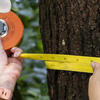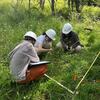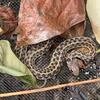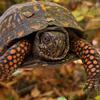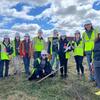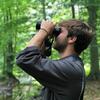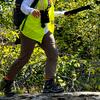Field Courses
The Temple Ambler Field Station is a platform for integrated research and education, where students can gain hands-on and field-based experiences to complement their academic training.
The following courses are offered through the Department of Biology and are hosted by the Temple Ambler Field Station at the Ambler Campus. Most of these courses have a combination of classroom instruction and a hands-on or field component. Most have sections open to both undergraduate and graduate students.
Our course offerings leverage classroom, greenhouse and laboratory facilities at Temple Ambler, the Temple Forest Observatory, our other natural environments and facilities and recent impacts from a severe windstorm to explore our local biodiversity within natural and human-modified habitats. Courses also focus on ecological relationships in nature and their recovery after disturbance.
Transportation between the Temple Ambler Field Station and Main Campus is available for free for any Temple University student who wishes to take one of these field courses. Transportation during the academic year is provided by the intercampus bus and SEPTA shuttle. Summer transportation is also provided similarly for the summer field course on a schedule that corresponds with the course schedule each day.
For more information about our courses, please contact [click-for-email] or contact the instructor of the course directly.
For formal descriptions of the courses, along with details on prerequisites, restrictions, repeatability, course attributes and other information, please see the current version of course listings in the Temple Bulletin.
These courses may appeal to students across disciplines, including but not limited to Biology; Ecology, Evolution and Biodiversity; Environmental Science; Landscape Architecture; Horticulture and many others. Given that curricula vary across disciplines, please contact the instructor to inquire about instructor permission to enroll if you do not have the required prerequisites but have taken a comparable course. For specific schedules and instructors each semester, visit here.
Fall courses
Ecology of Invasive Species (BIOL 3275/5275, 3 credit hours, Fall 7A term)

